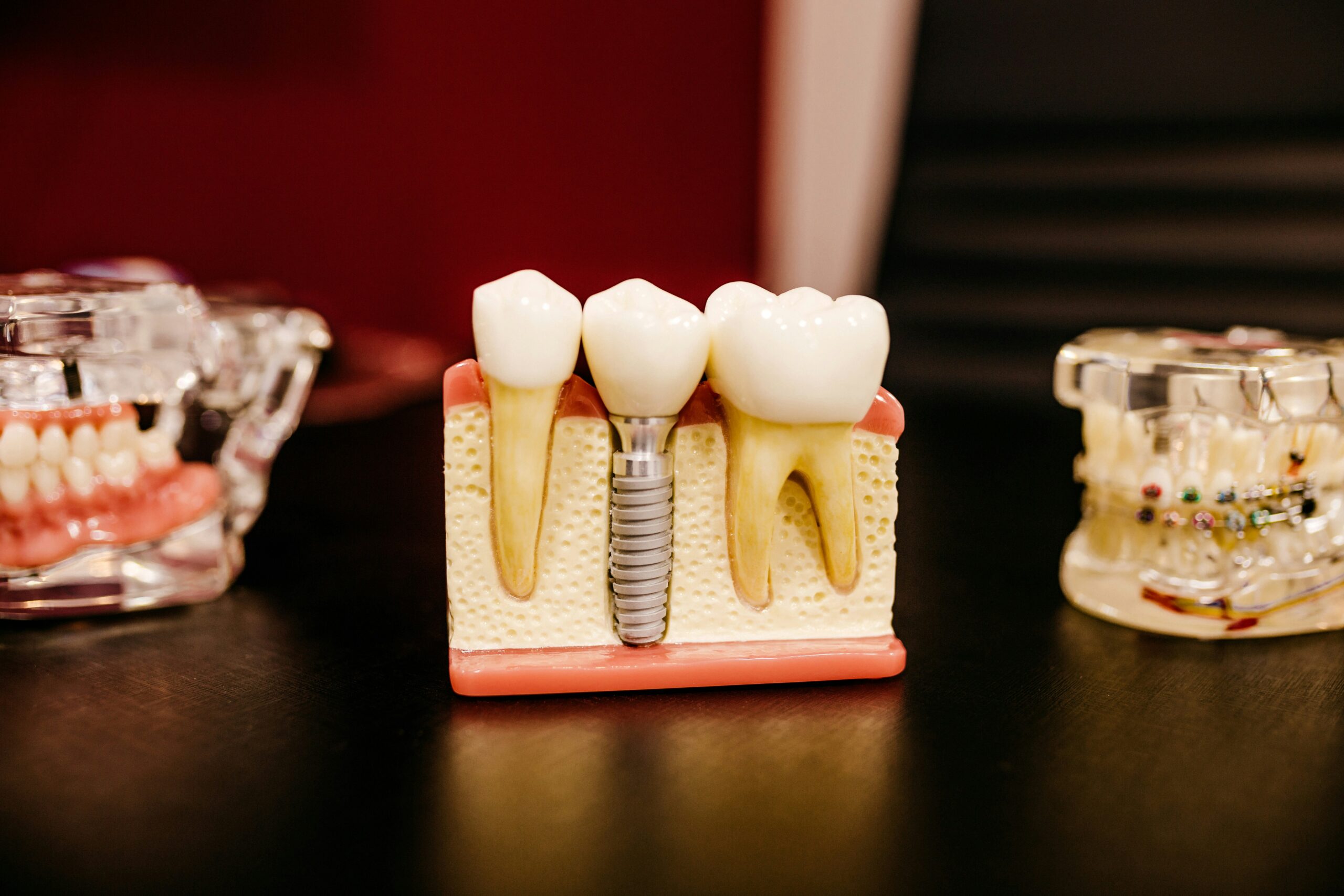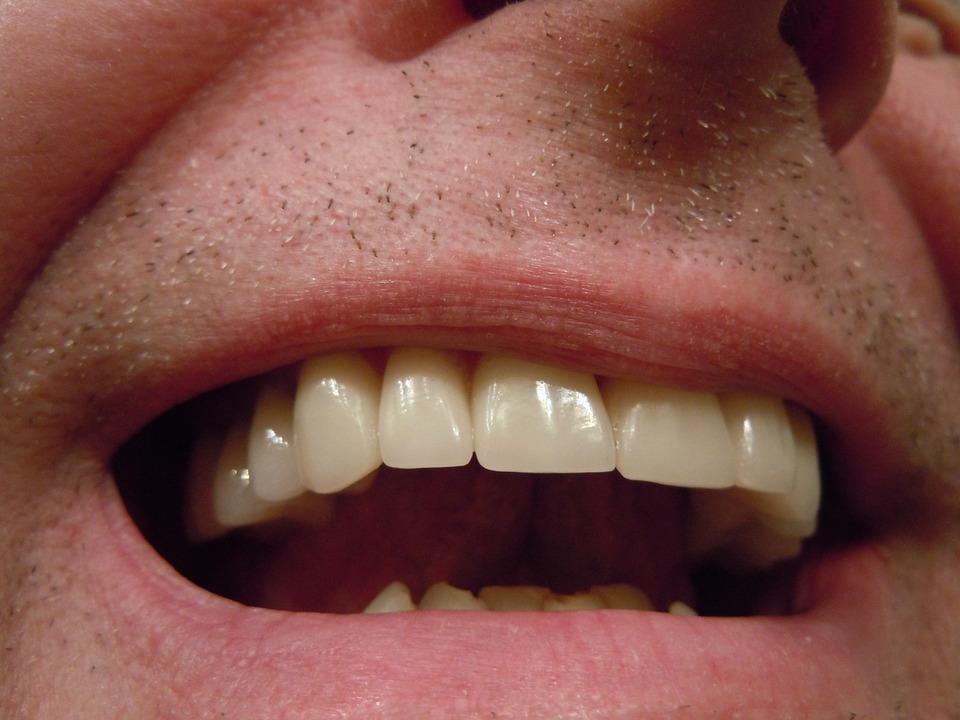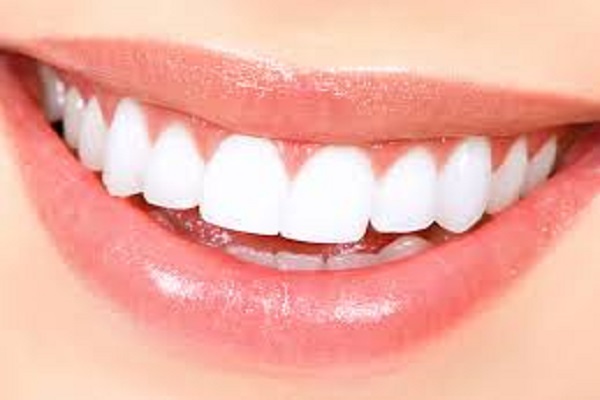Undergoing root canal therapy is a significant step toward preserving your oral health, and while the procedure itself is crucial, the recovery process is equally important. At D. Dental, we prioritize not only the success of your root canal treatment but also your smooth and comfortable recovery. Here’s a comprehensive guide to what you can expect during your recovery period after a root canal at D. Dental, ensuring that you achieve optimal results and minimal discomfort.
1. Understanding the Recovery Process
The recovery process after a root canal therapy typically involves healing the treated tooth and managing any post-procedure discomfort. While each patient’s experience may vary, understanding the general recovery timeline and what to expect can help alleviate any concerns and ensure a smooth healing process.
Immediate Post-Procedure:
After your root canal therapy, it’s normal to experience some numbness in the treated area due to the local anesthesia used during the procedure. As the anesthesia wears off, you may feel some mild discomfort or tenderness. This is a natural part of the healing process and should subside within a few days.
Healing Timeline:
Most patients experience a gradual reduction in discomfort over the first few days. The initial soreness typically peaks within 1 to 2 days and then diminishes. Complete healing of the tooth and surrounding tissues may take a few weeks. It’s important to follow the post-treatment care instructions provided by our team to support a smooth recovery.
2. Managing Discomfort
Over-the-Counter Pain Relief:
To manage any post-procedure discomfort, we recommend over-the-counter pain relievers such as ibuprofen (Advil) or acetaminophen (Tylenol). These medications help reduce pain and inflammation and are generally effective in managing any soreness you may experience. Be sure to follow the dosage instructions on the medication packaging and consult with our team if you have any questions.
Cold Compress:
Applying a cold compress to the outside of your face near the treated area can help alleviate swelling and discomfort. Apply the compress for 15-20 minutes at a time, with breaks in between, to avoid overexposure to the cold. This can be particularly helpful if you experience any swelling or bruising.
Avoiding Certain Foods:
During the initial recovery period, it’s advisable to avoid hard, sticky, or chewy foods that could put additional stress on the treated tooth. Stick to soft foods and avoid chewing directly on the treated side of your mouth until you receive clearance from our team.
3. Caring for the Treated Tooth
Oral Hygiene:
Maintaining good oral hygiene is essential for the recovery process. Continue to brush and floss your teeth as usual, but be gentle around the treated area. Using a soft-bristled toothbrush can help prevent irritation. If you were given specific instructions regarding oral care after the procedure, be sure to follow them carefully.
Avoiding Unnecessary Stress:
It’s important to avoid any activities that could put stress on the treated tooth. This includes avoiding grinding or clenching your teeth, which can cause discomfort and potentially affect the healing process. If you have a habit of grinding your teeth, let us know so we can discuss potential solutions, such as a nightguard.
Temporary Filling Care:
If a temporary filling was placed during your root canal therapy, be mindful of its condition. Avoid chewing on the side with the temporary filling and inform us if you experience any issues with it. A temporary filling is designed to protect the tooth until a permanent restoration can be placed.
4. Follow-Up Appointments
Monitoring Healing:
At D. Dental, we schedule follow-up appointments to monitor your recovery and ensure that the treated tooth is healing properly. During these visits, we’ll check for any signs of infection or complications and address any concerns you may have. These appointments are an important part of your overall treatment plan and help us ensure that everything is progressing as expected.
Permanent Restoration:
In many cases, a permanent restoration, such as a crown, is required to protect the treated tooth and restore its function. If your root canal therapy involved placing a temporary filling, we’ll schedule an appointment for the permanent restoration. This crown will be custom-made to match the color and shape of your natural teeth, providing both durability and aesthetic appeal.
5. Signs of Complications
While most patients experience a smooth recovery, it’s important to be aware of potential signs of complications that may require attention. Contact our office if you experience any of the following:
Persistent or Severe Pain:
While some discomfort is normal, persistent or severe pain that does not improve with over-the-counter pain relievers may be a sign of a complication. If you experience significant pain or swelling, contact us for further evaluation.
Swelling or Infection:
Mild swelling is normal, but if you notice significant or worsening swelling, redness, or any signs of infection, such as a fever, contact us promptly. Infections can be managed effectively with appropriate treatment, and early intervention is key to preventing further issues.
Unusual Symptoms:
If you experience any unusual symptoms, such as a bad taste in your mouth, difficulty opening your mouth, or an abnormal increase in sensitivity, let us know. These symptoms could indicate a problem that needs to be addressed.
6. Long-Term Care and Maintenance
Ongoing Oral Health:
Maintaining good oral health is essential for the long-term success of your root canal therapy. Continue to practice regular oral hygiene habits, including brushing twice a day, flossing daily, and attending regular dental check-ups. This will help ensure that your treated tooth remains healthy and free from future issues.
Regular Check-Ups:
Regular dental visits are important for monitoring the health of your treated tooth and overall oral health. During these visits, we’ll assess the condition of your root canal therapy and make any necessary adjustments or recommendations for maintaining optimal dental health.
Lifestyle Considerations:
Incorporating healthy lifestyle habits, such as a balanced diet and avoiding tobacco use, can also contribute to the long-term health of your teeth and gums. These habits support overall oral health and help prevent future dental problems.
Conclusion
The recovery process after root canal therapy at D. Dental is designed to be as smooth and comfortable as possible. With proper care, attention, and adherence to post-treatment instructions, you can expect a positive outcome and a restored, healthy smile. Our team is dedicated to providing you with the support and guidance you need throughout your recovery, ensuring that your root canal therapy is a successful and beneficial experience. If you have any questions or concerns during your recovery, don’t hesitate to reach out to us. At D. Dental, we are here to help you achieve and maintain optimal oral health.



